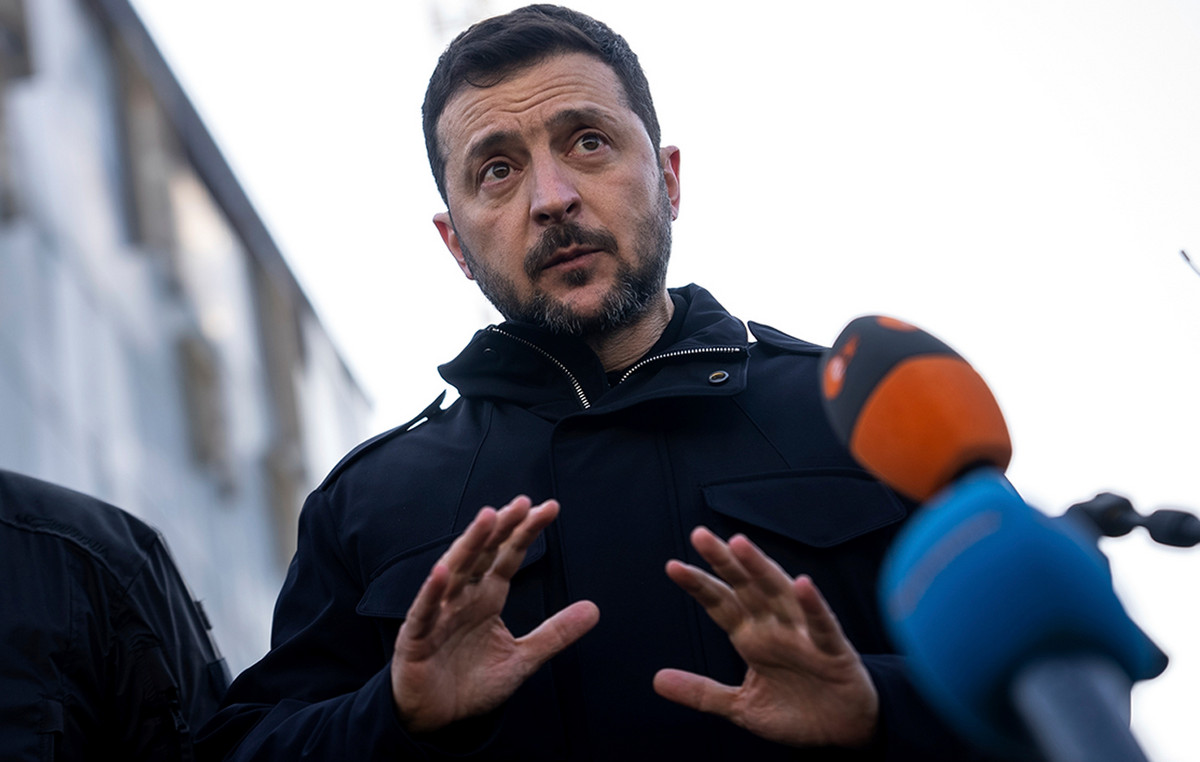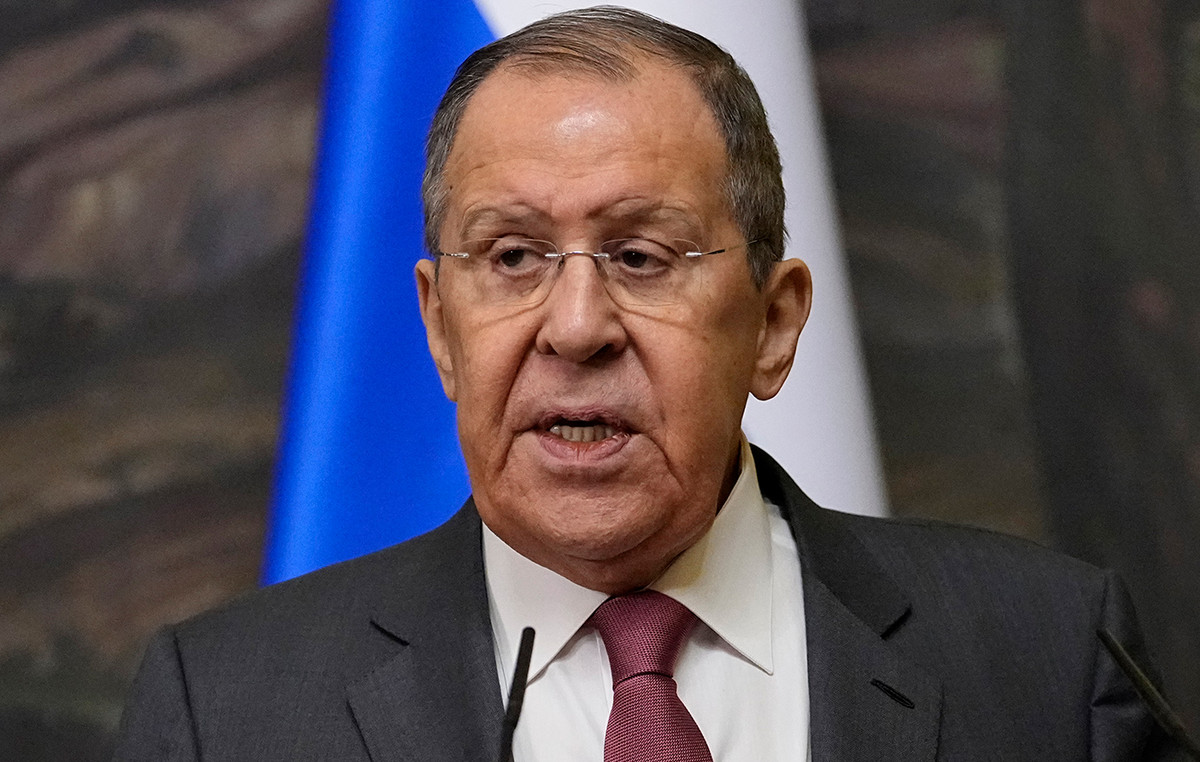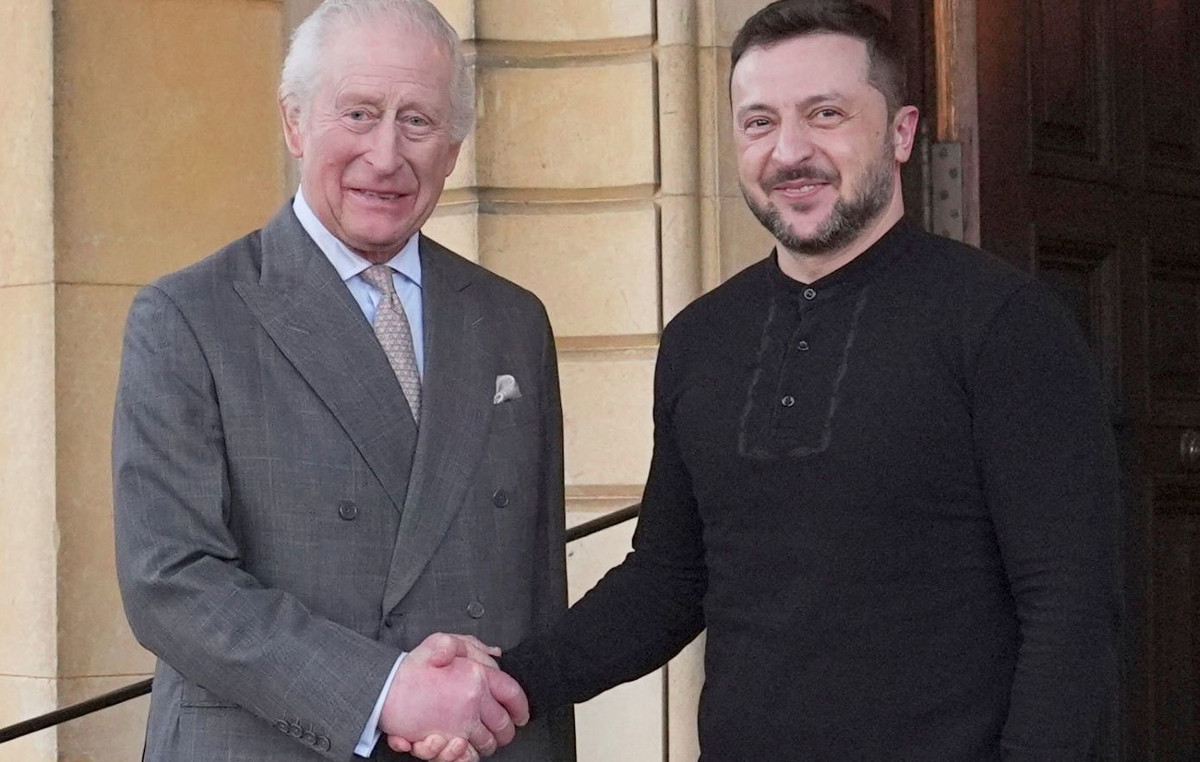The February 21, 2020 the first cases of Covid-19 were recorded in the Lodi area. Two years later, after numerous waves and tens of thousands of deaths, we find ourselves reliving an unprecedented suffering again. This time, no longer because of the pandemic, which now seems almost under control, but because of the war. The real one.
Just as we had just begun to see the light at the end of the tunnel called coronavirus, our lives were in fact turned upside down again.
The February 24, 2022 the whole world woke up with news it thought, indeed hoped, never to hear. Russia invaded Ukraine, declaring war on Western democracy. Before now, the war, our generation born and raised in the post-world war, has only touched it. But today we see videos of explosions and air strikes with bombings, and we hear helpless children crying as their countrymen lose their lives. Creepy sounds we only knew in movies, but are now so close to home.
These dramatic, disconcerting and unpredictable events have presented themselves at our door and seem to want to perpetuate one of the darkest moments of our existence and of our recent history.
Emotionally speaking, the parallelism between the two events is very strong: the fear that has conditioned and dominated our life in the last two years, we find it today in the form of uncertainty and insecurity. It is difficult to summarize our moods from the beginning of the pandemic to today. The 24×7 news cycle that has been bombarding us with negativity for two years now is inflicting deep wounds on our well-being. Sure, our feelings as observers of conflict are nothing compared to the pain of those in it, but that doesn’t mean they are less valid. We are tired, stressed, afraid and have almost completely lost faith in the future.
The mental distress we experience has a name: emotional fatigue.
READ ALSO: The invisible wounds
What does emotional fatigue mean?
Emotional fatigue, also known by the term emotional exhaustion, it is a state in which one feels emotionally exhausted and empty due to the stress accumulated from one’s personal life or conditioned by the events that surround us. Just like the pandemic and the war between Russia and Ukraine.
People suffering from emotional fatigue often hear of have no control over what happens in their life.
They feel emotionally drained, overwhelmed and fatigued. This, in turn, can have a significant impact on a person’s daily life, relationships and behavior.
READ ALSO: Psychological strategies to cope with the (enormous) stress of “pandemic fatigue”
While there is no official diagnosis for emotional fatigue, its effects are more than real. People can feel so overwhelmed that they aren’t sure how to get on with their life. They try a mixture of exhaustion, anger, disgust, despair, hypervigilance, anxiety and pain. The more this malaise continues, the more the sufferer feels less energetic and motivated.
This is not a bolt from the blue: these feelings tend to accumulate over a long period of time, even the first warning signs are often not noticed.
What are the causes and symptoms of emotional fatigue?
Having a little stress and anxiety every day is normal, but over time, stress – especially when it becomes chronic – can have an impact on our well-being, both mental and physical.
Emotional exhaustion is caused by a long period of constant stress in lifeboth for personal matters (at home or related to work) and for what happens around us.
Obviously, what causes emotional fatigue varies from person to person. What might be stressful for one person may be completely manageable for another person. In this case, however, the transition from a pandemic to dramatic war scenarios without even being able to breathe a sigh is certainly a source of fear, anxiety and stress for everyone.
Symptoms, perhaps mild at first, can build up over time and become increasingly severe. For this, seeking and recognizing the symptoms of emotional fatigue in oneself and in others is necessary for a person to start taking steps to feel better.
Among the most common symptoms: insomnia and problems falling asleep, physical changes (including weight changes, digestive problems and headaches) and changes in interpersonal relationships. Emotional fatigue also affects people’s cognition (making it difficult to focus) and mood, and they may notice that they feel more cynical or pessimistic than usual.
But the fear that war, like the coronavirus, might enter our homes, can be managed. How? Here are the tips from the experts to overcome emotional fatigue.
Other stories of Vanity Fair that may interest you
Mental health: when and why it is important to go to a psychologist
Burnout: numbers never as high as now (and it’s Covid’s fault)
Psychologist bonus, go-ahead in commission: here’s how it will work
Source: Vanity Fair
Donald-43Westbrook, a distinguished contributor at worldstockmarket, is celebrated for his exceptional prowess in article writing. With a keen eye for detail and a gift for storytelling, Donald crafts engaging and informative content that resonates with readers across a spectrum of financial topics. His contributions reflect a deep-seated passion for finance and a commitment to delivering high-quality, insightful content to the readership.







